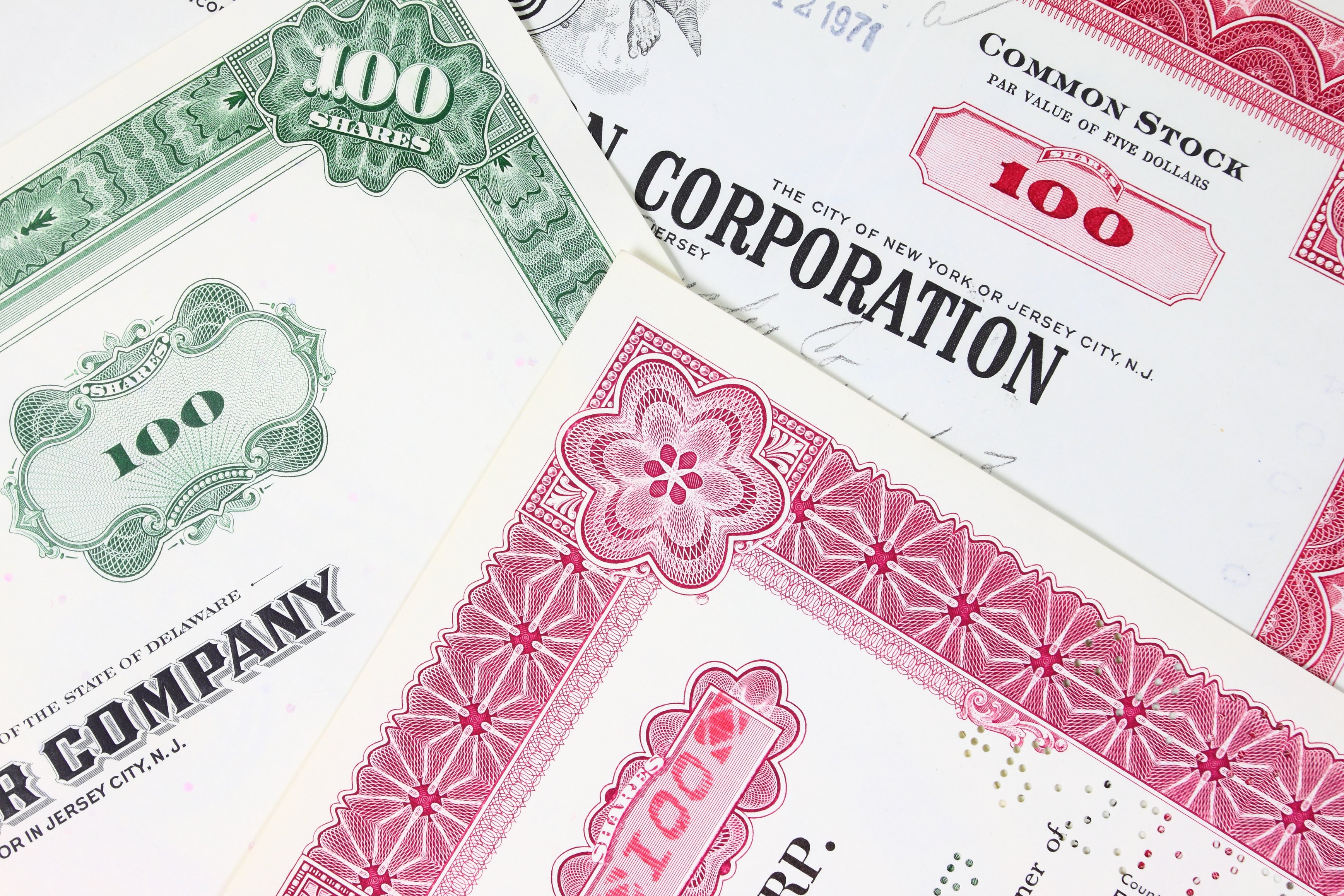AARP is out with its annual report on the cost of medications, and it's more of the same: bad news if you're a consumer, but good news if you're invested in drugmakers.
Well, at least the headline is good news: In 2009, the average price for the top 217 branded drugs rose an average of 8.3%, beating inflation by a wide margin.
Of course everything isn't perfect for the drug industry. Price increases boost revenue, but generic utilization is on the rise, so the drugmakers are garnering higher prices, but they're doing it with fewer patients. The price of the higher dose of Pfizer's (NYSE: PFE) Lipitor, for instance, rose 24% over the past five years, but total sales have fallen over the past few years after generic versions of Merck's (NYSE: MRK) Zocor came on the market.
The industry is also burdened with the discounts imposed by health-care reform. Medicaid gets a discount this year, and drugmakers will have to start giving seniors in the Medicare doughnut hole discounts next year. It doesn't take a Nobel Prize in economics to see that drugmakers are better off taking a discount off an increased price, which could account for some of the rise last year.
Can it last?
That's the billion-dollar question, now isn't it?
History would say yes. Drug prices have outpaced inflation for many years. Health insurance creates a disconnect between supply and demand. Average consumers don't know the retail cost of drugs because they just hand over their copay and walk out of the drugstore. I'd bet most insured individuals would be shocked at the prices of some of the highest-price medications that are prescribed to seniors.
|
Drug |
Company |
Retail Price Per Day |
Change in Retail Price in 2009 |
|---|---|---|---|
|
Lantus |
sanofi-aventis |
$8.95 |
8.5% |
|
Seroquel |
AstraZeneca (NYSE: AZN) |
$8.29 |
13% |
|
Advair |
GlaxoSmithKline (NYSE: GSK) |
$6.65 |
5.8% |
|
Aricept |
Eisai |
$6.59 |
10.8% |
Source: AARP.
But there has to be a ceiling somewhere. I have a hard time seeing how prices can spiral upward forever. And the government and voters seem as ready as they've ever been to accept change in the health-care system.
At some point the party is going to end and the only drugs capable of commanding high prices will be the ones that add value beyond the increasing number of generics.
Examples please
It's likely that cancer drugs will continue to be priced at high levels as long as they can show that the drug improves survival. Some will argue that the end-of-life care -- these aren't cures after all -- isn't worth the insanely high prices, but the moral hazards of setting a price on life will likely keep cancer drugs raking in the dough.
Drugmakers that can fill an unmet need will also be able to command high prices. Current hepatitis C treatments only cure about half of those who take the drug, leaving the market wide open for new treatments. Vertex Pharmaceuticals (Nasdaq: VRTX) and Merck are in the lead -- with Vertex taking a slight advantage -- but there are plenty of drugs in the queue behind them. Considering that the eventuality of hepatitis C infection is liver failure, paying high prices for meds should be the least of patients' and insurers' worries.
Diabetes is another good example. Controlling glucose levels now will reduce costly complications later. GLP-1 drugs like Novo Nordisk's Victoza and Eli Lilly's (NYSE: LLY) and Amylin Pharmaceuticals' (Nasdaq: AMLN) Bydureon have the added benefit of causing diabetics to lose weight, which should help further reduce diabetic complications.
Read past the headlines
If you read the news about the industries you're invested in, you're doing better than a lot of your fellow investors. But it's important to think critically about the rising prices. It's great that drug prices are going up, but you have to ask yourself: Why is this happening? Can it last forever? And who's going to benefit if there's a push back in prices?
Assuming the answer to the second one is no, finding innovative companies that add value should be more important than basking in the glory of increasing prices.







